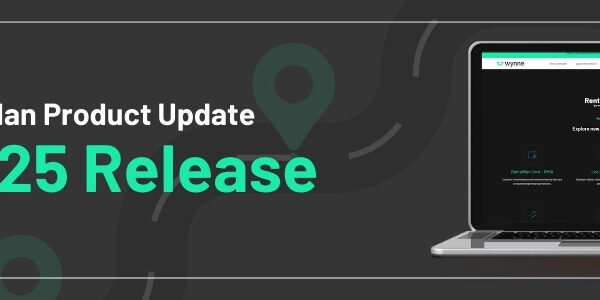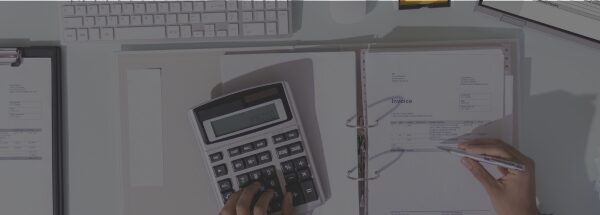
Do you ever wonder how much of your rental business process you should automate? Automation can reduce time and improve efficiencies around many of the day-to-day activities in a rental business. Below are five areas that you can improve by automating.
1. Automate Your Customer Transactions
A robust customer portal is one way that rental companies can keep up with their customer’s desire to use the web to place and manage orders. Even if only 10% of your customers use the web to do business, that can dramatically decrease inbound phone calls. By freeing up employees from answering phones, they can take on additional revenue generating activities. Simple tools allows customers to get quotes, place orders, manage inventory and even pay their invoices all online, all without someone having to re-key orders from one system into another.
2. Automate Your Rates
On-demand pricing will look at several factors and automatically suggest optimized rates. Leaving your front line employees to guess the best rates to charge on any given day based on their perception of demand, utilization, and current market pricing leaves a large opportunity for errors. Often, perception is not reality. By implementing an on-demand pricing engine, your system can use real-time utilization, reservations, and actual “in-play” rates to suggest the most optimal rate to charge for a rental.
3. Automate Your Maintenance Management
Configuring your system to automatically open a workshop order and notify the appropriate people can save many hours that usually gets spent by your workshop team researching what needs to be done. In addition, by switching to a more proactive business process, you can prevent missed work that can cause your equipment to fall out of a good maintenance routine. By automating, you gain more workshop resource time for maintenance and repair work as well as more uptime for your equipment.
4. Automate Your Employee Process
Employee turnover and the need for constantly evolving business practices can mean challenges keeping your employees up to date. By building important business rules into the system that front-line employees use during most interactions, you can help ensure consistent behavior as people or business rules change. This will improve customer relationships, prevent costly mistakes and make a more productive front-line employee regardless of experience. Help employees follow best company best practices when placing orders, recommending associated products and taking equipment calls by walking through consistent business rules and processes. This ultimately makes the right thing to do, the easy thing to do, ensuring opportunities are not missed and costly mistakes are avoided.
5. Automate Your Exception Reporting
Too often, managers must generate and print countless reports, weed through the data and hope to catch an anomaly indicating a problem. By switching to exception based reporting and pushing the information as events occur to the relevant people, countless hours can be saved and critical problems can be quickly identified before you lose an opportunity or incur a significant cost. Exception reporting and dashboards can help manage exceptions by displaying important metrics visually so you do not have to dig through pages of printed reports.
What are your key concerns about automation? Do you think your customers still want the human touch or is speed and efficiency now paramount? Check out these blogs for 10 ways your ERP can save you money or 3 ways to maximize your cash flow for other ideas on how automation can help your business.




